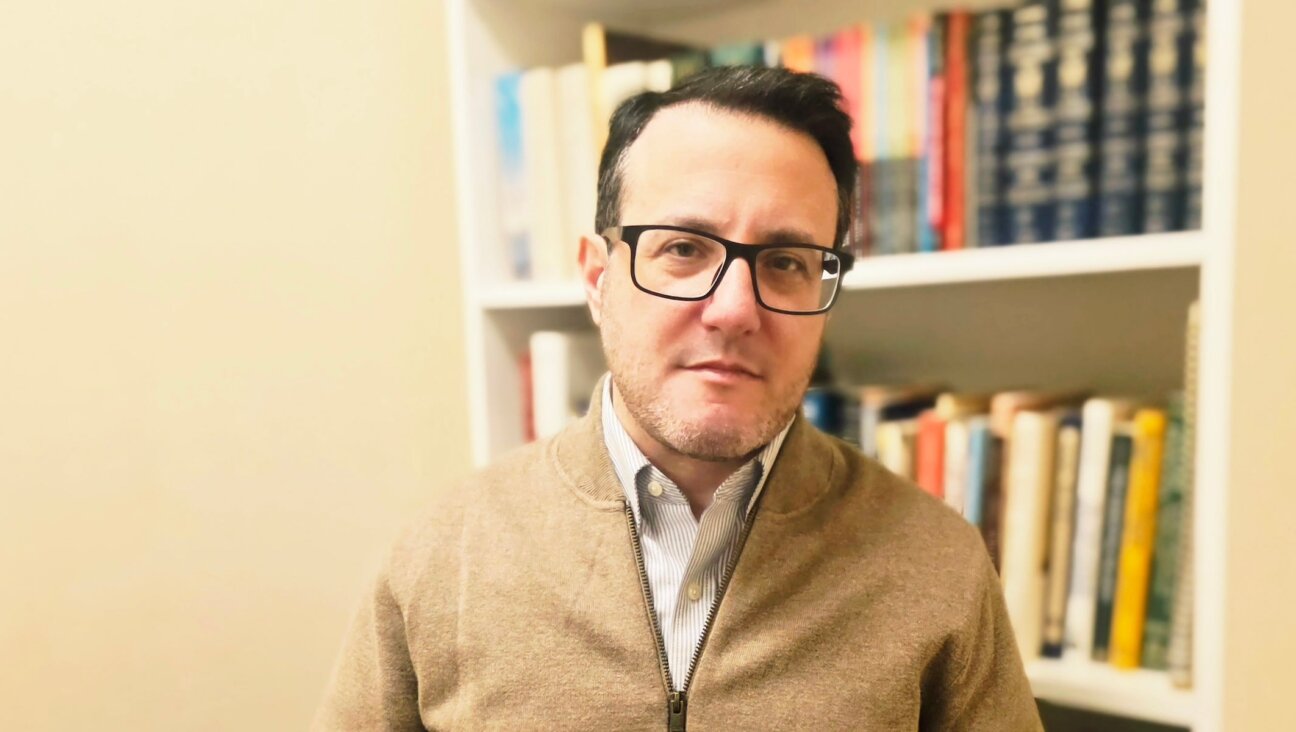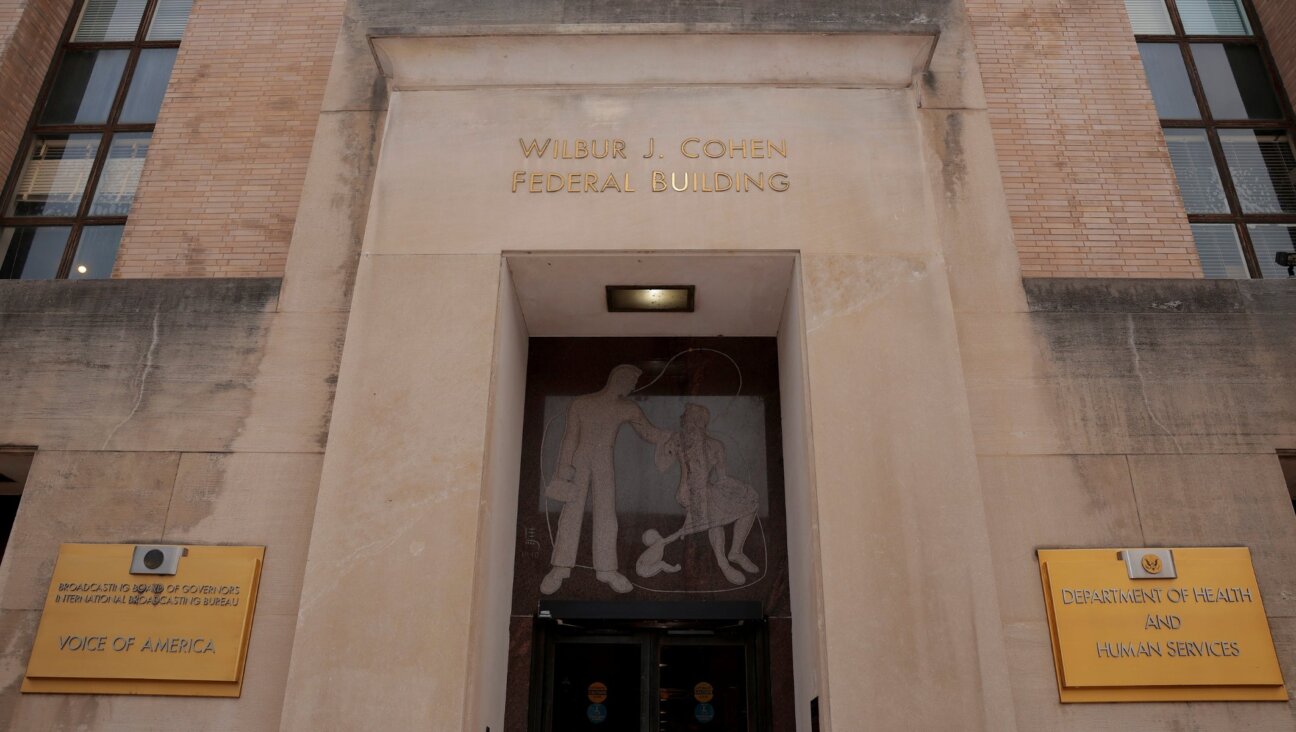Victims of Gaza Flotilla Raid Fear Detente With Israel Will Scuttle Lawsuit

Image by Getty Images
Victims of an Israeli raid that killed 10 people in 2010 on an aid flotilla fear a Turkish court is set to halt a case brought by them because of a deal to restore ties between Israel and Turkey, a lawyer representing the victims said on Monday.
Relations between Israel and what was once one of its Muslim allies crumbled after Israeli marines stormed the Mavi Marmara ship in May 2010 to enforce a naval blockade of the Gaza Strip.
The Mavi Marmara was part of a larger aid flotilla and the court case has been brought on behalf of hundreds of people who say they were wounded, assaulted or imprisoned during the raid.
An Istanbul high court will hold a hearing in the case, representing 740 victims from 37 countries, on Wednesday, four months after the two nations normalized relations.
“Our concern on behalf of the victims, who have all participated in this criminal case, is that it will be stopped by the court as a result of the treaty,” human rights lawyer Rodney Dixon, told Reuters in an interview by telephone.
Turkish officials on Monday declined to comment on the case.
Israel, which had already offered apologies for the raid – one of Ankara’s three conditions for a deal – agreed to pay out $20 million to the families of those killed.
A senior Turkish official has called the deal a “diplomatic victory.” Under the accord, the naval blockade of Hamas-run Gaza, which Ankara wanted lifted, remained in force, but humanitarian aid was to keep going into Gaza via Israeli ports.
Dixon said the agreement also specified that there would be no further criminal or civil proceedings over the raid. But he said halting the case would be contrary to international law and the European Convention on Human Rights.
“If they end the case then there could be legal avenues pursued both in Turkey, including before the constitutional court, and internationally including before the European Court of Human Rights,” he said.
















